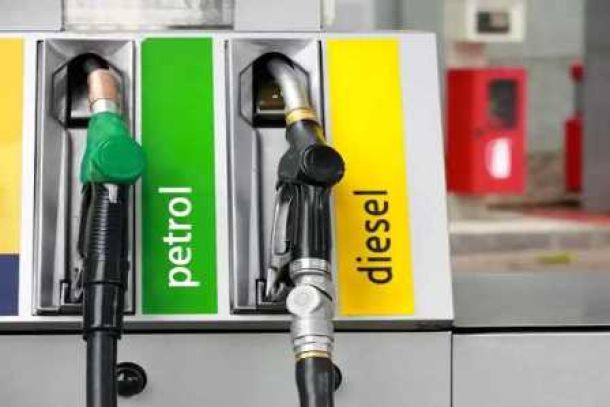Black Friday: Can one day in a year save the country’s economy?
The busiest shopping event is upon us. The time, when the most profitable period in any merchant’s life begins. Black Friday, the day after American Thanksgiving holiday, has found its place in many countries around the world, including South Africa.
Even if you’re not that keen on shopping on sales, it will affect you financially. Here is why.
The story behind economics
Apart from the key GDP factors contributing to the economy, consumer spending plays a vital role in the country’s gross income.
Consumers need to spend a certain amount of money regularly as the income and value added tax are embedded in the price of goods.
This money is used to finance the state’s responsibilities towards the society’s well-being, such as health care and public services.
Black Friday marks the biggest sales period in the entire year for the whole country, therefore, its influence on the economy itself, not just on your own budget, is substantial.
Because of major discounts on Black Friday South Africa shoppers are keener to purchase goods they wouldn’t normally think of because of their financial situation.
It is also the perfect opportunity to stock up on gifts for friends and family before various family events and celebrations.
Both sides of the argument win. That’s microeconomics 101.
On a larger scale, however, any country that relies on business’ growth, wants small and medium sized local entrepreneurs to be able to develop as it means more money for the government, and us in the end.
More and more local sellers offer discounts and promotions on their products as part of the Black Friday event, which in turn, encourages people to pay taxes in their own country.
It promotes goods produced domestically and better quality as the end result.
The Death behind the Black
Initially, the name of the holiday had absolutely nothing to do with people actually dying.
Merchants in the 1950’s United States would mark their profits on post-Thanksgiving sales in the black instead of in the red (when losses occurred throughout the rest of the year), so obviously the name “Black Friday” would easily catch on.
Today, unfortunately, with all that shopping madness, which some people aren’t immune to, deaths occur during the shopping sprees and until we learn how to safely take advantage of sales, they will continue to happen.
If you’re lucky enough not to die on this day from standing in a queue, there is a chance you might get injured.
For the past ten years, the number of deaths and injuries have been noted to see how massive discounts make people react to this event.
In some cities in the U.S. a police riot force had to be called in to pacify the most violent shoppers who posed real danger to others.
The Black Friday death count shows, it might actually be a good idea to stay at home or at work, and find other opportunities to shop for less.
To enable people of South Africa to shop safely on Black Friday, and on any other day throughout the year, discount codes websites, such as Picodi.co.za, offer access to all shopping outlets in the country.
The same products are available if you decide to shop personally and online, so not leaving your house to replenish your own stocks is both convenient and safe.
You might want to take a look at the merchant’s websites beforehand just to see what’s available in store and when the 25th of November comes you will know exactly what to buy.
Thousands of Rands will most likely find their way back into your bank account.
In a country that for many years relied on traditional economic factors, such as agriculture, mining and manufacturing, Black Friday is an interesting concept.
It raises questions whether the society has enough money to spend and whether looking for bargains could actually be life-threatening.
The scale of sales may not be as big as in the U.S, but if used properly, it may help both businesses and individuals in their growth and development.
This article was published in partnership with Picodi.
News Category
- International retailers
- On the move
- Awards and achievements
- Legislation
- Wine and liquor
- Africa
- Going green
- Supplier news
- Research tools
- Retailer trading results
- Supply chain
- Innovation and technology
- Economic factors
- Crime and security
- Store Openings
- Marketing and Promotions
- Social Responsibility
- Brand Press Office
Related Articles

Good signs for petrol prices in South Africa

Eskom wants to hike electricity prices by up to...

Big petrol price drop tipped for July

Fuel price cuts bigger than expected


